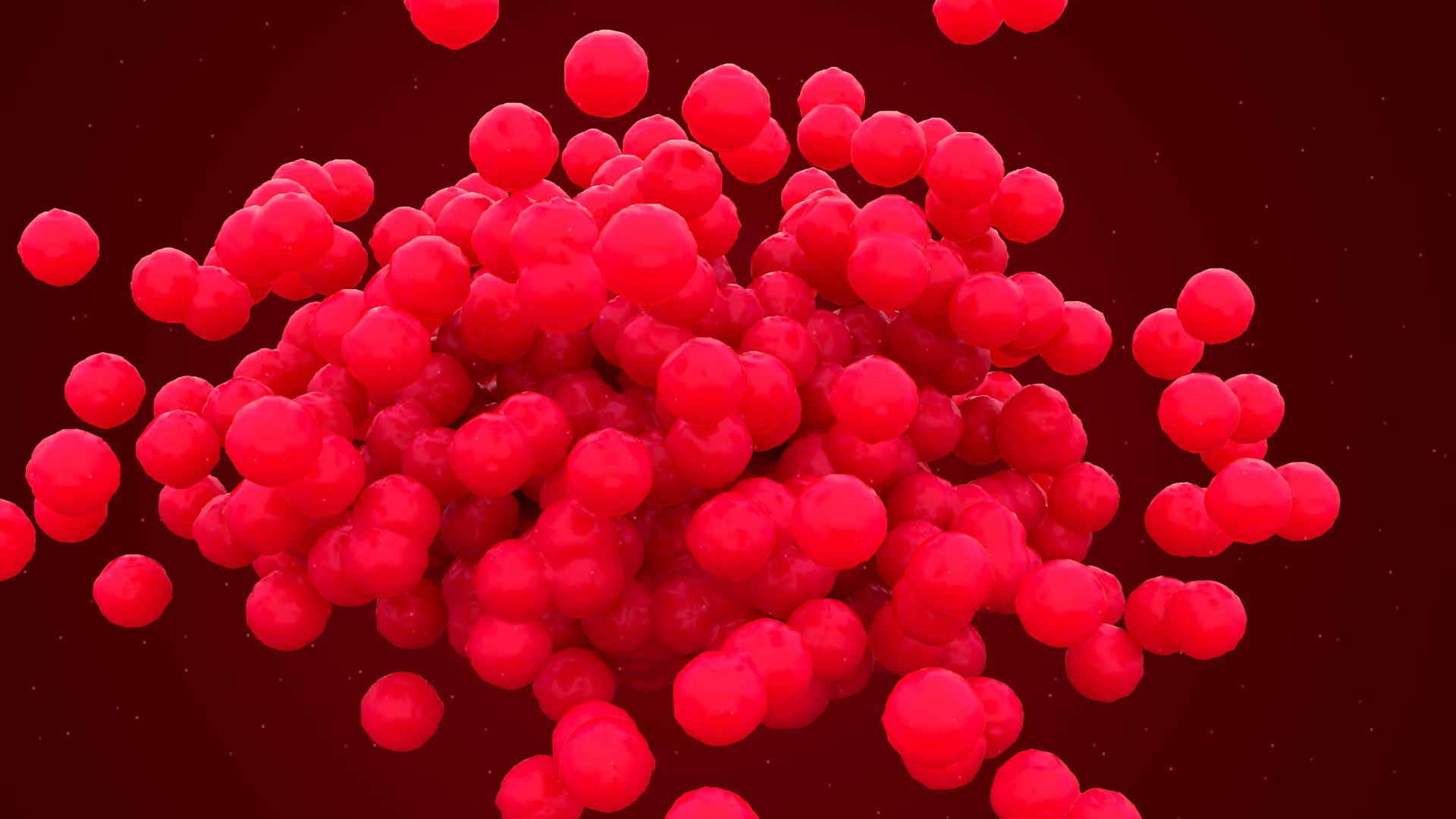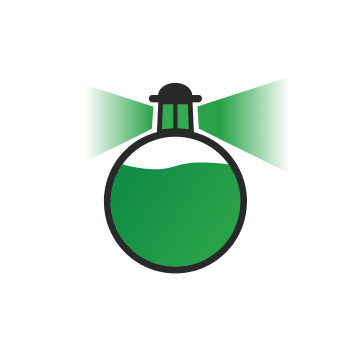What do you do when you’re not working at the Lighthouse Labs?
I am a Research Associate at the University of Manchester, I work in the Translational Radiobiology Group, led by Professor Catharine West and based in the Olgesby Cancer Research Building opposite the Christie Hospital.
How many years of scientific experience do you have?
I have 25 years of experience in cancer research.
I’ve spent 15 years developing novel q RT-PCR gene-expression signatures as biomarkers to stratify patients by levels hypoxia to improve treatment outcomes.
I helped develop, validate and manage the delivery of the head and neck hypoxia test as part of the NIMRAD phase III clinical trial, moving towards delivering biomarker led clinical trials for bladder cancer in early 2021.
I lead the commercialisation of these gene expression biomarkers to provide patient benefit.
And I co-founded of ManTRa Diagnostics, a spin out from the UoM, developing personalised biomarkers to improve the lives of millions of cancer patients.
What is your role in the Lighthouse Lab?
I am part of the team at workstation 5.
What is the key experience you bring to that role?
The wealth of experience I have in qRT-PCR method development, delivery and trouble-shooting, meant I felt I could make a positive contribution to the COVID-19 testing effort at the Lighthouse Lab. I also felt a social responsibility to be useful and contribute where I could.
How is it different to your regular role?
My usual role is a mixture of laboratory work and business engagement. The commercial role has meant developing new skills, a new language and learning the value of networking.
What is the best thing about working in the Lighthouse Lab?
I have loved meeting the diverse mix of people volunteering on all the workstations. There is a sense of unity and equality, which is sometimes missing in the workplace; each person’s role is as important as the next in the sample-processing pipeline. Despite the shifts being long and quite pressured at times, there is a great sense of having contributed and given something back.
“I have loved meeting the diverse mix of people volunteering on all the workstations. There is a sense of unity and equality… each person’s role is as important as the next in the sample-processing pipeline.”


